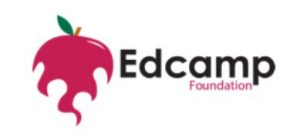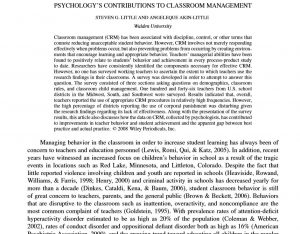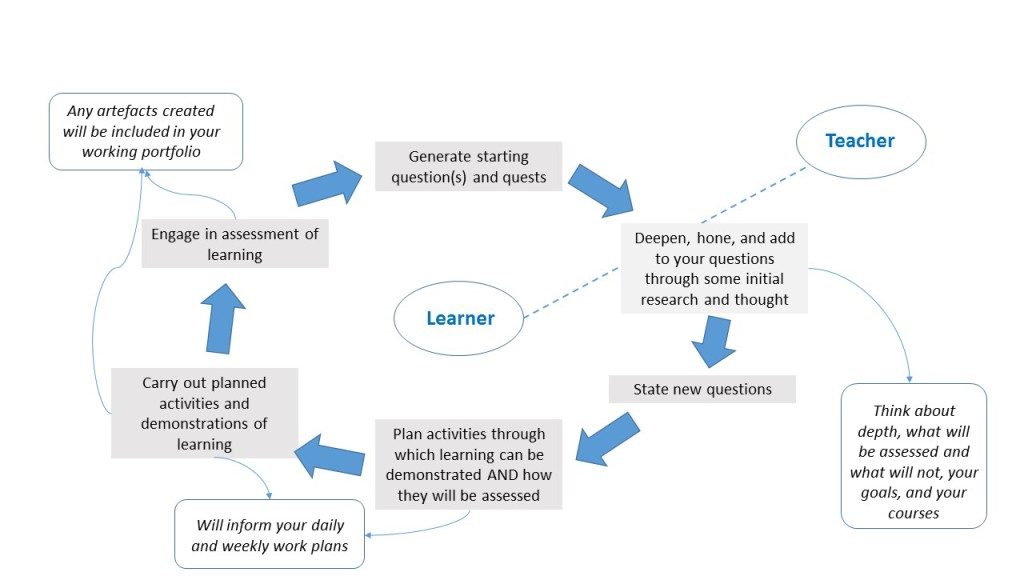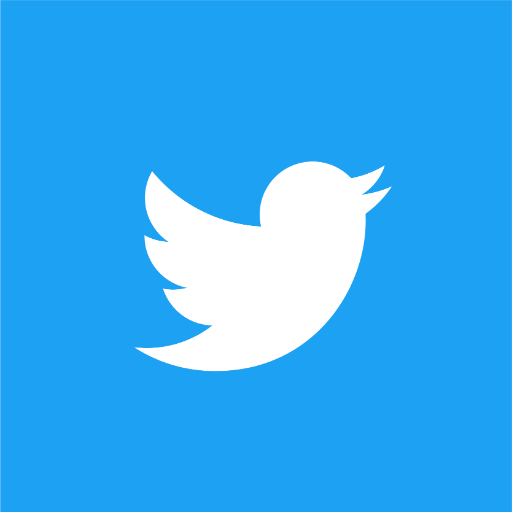I read this article about how expectations and rules can be a useful tool for managing a classroom and this is what I found:
When properly utilized clear expectations and classroom guidelines can contribute to student motivation in class, as well as promoting respect. Student motivation is embedded in their beliefs about their personal capability to take charge increasing their self-efficacy. Expectations create cognitive engagement which can increase a student’s sense of belonging, thus motivating students to make higher goals increasing achievement. Hence, teachers who set high expectations for their students and create a sense of belief that their students can achieve, are then able to alter their classroom practices experiencing greater rates of student success and achievement.
Furthermore, setting clear rules can be just as important and must reflect major issues when devised. Rules have a variety of purposes, such as relational or moral rules that handle fair and kind actions, structure rules that tackle procedures and preparedness, protecting rules which are guided towards ensuring students’ safety preventing harm. The research proposes that elementary students are able to comprehend and are sensitive to the purposes of rules. However, becoming overly focused on rules that ultimately has small importance in the class as a whole, the classroom will become a power struggle. Therefore, rules are significant, but alone, they are not adequate for effective classroom management. Moreover, Classrooms are stronger when the students are able to participate in actively setting meaningful rules. Overall a combination of clear rules and expectations can intrinsically motivate student success and respect in a classroom community.
Pinto, L. E. (2013). Here’s the Deal: Laying Out Expectations and Rules. In From discipline to culturally responsive engagement: 45 classroom management strategies (pp. 78-87). Thousand Oaks, CA: Corwin Press doi: 10.4135/9781452285160




